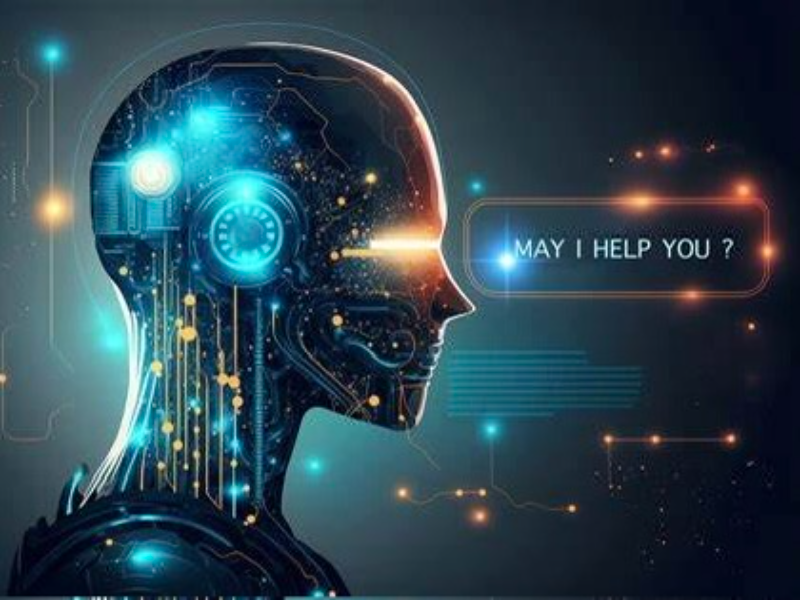- Generative AI holds immense potential to transform various sectors, but it also presents significant ethical challenges, like bias, transparency, privacy, intellectual property, etc.
- By proactively engaging with these ethical considerations, we can ensure that generative AI contributes positively to society while mitigating its risks.
The rise of generative AI has revolutionised many fields, from content creation to advanced problem-solving. However, this technology brings significant ethical considerations that must be addressed to ensure responsible use. This article will explore some of the critical ethical issues associated with generative AI, which is useful for optimising the use of AI.
What is generative AI
Generative AI is a subset of AI focused on creating new content. It includes generating text, images, audio, and other data types. Generative AI models are trained to learn patterns in existing data and use this knowledge to produce novel outputs that mimic the characteristics of the training data.
Generally, generative AI uses deep learning techniques, such as Generative Adversarial Networks (GANs) and Variational Autoencoders (VAEs), to create realistic and high-quality content. These models learn the underlying distribution of data and generate new samples from that distribution.
Generative AI has applications in content creation, such as writing articles, generating artwork, composing music, and even creating realistic virtual environments. It is also used in industries like entertainment, marketing, and design, where creative content is in demand.
Also read: 5 common causes of slow internet connections
6 ethical considerations in generative AI use
1. Bias and fairness
One of the primary ethical concerns is bias. Generative AI systems learn from large datasets, which can contain biases reflecting societal prejudices. If these biases are not identified and mitigated, the AI can perpetuate and even amplify them, leading to unfair and discriminatory outcomes. For example, an AI trained on biased hiring data might favour certain demographics over others. Ensuring fairness requires continuous monitoring and updating of these systems to minimise bias and promote equality.
2. Transparency and accountability
Transparency in how generative AI systems make decisions is crucial. Often referred to as the “black box” problem, the decision-making process of these systems can be opaque, making it difficult for users to understand how outcomes are derived. This lack of transparency can lead to issues of accountability, where it is unclear who is responsible for decisions made by the AI. Developers and organisations must strive to make AI processes more transparent and establish clear accountability frameworks.
3. Privacy and data security
Generative AI often relies on vast amounts of data, raising significant privacy and data security concerns which is a common issue on the internet as well. The use of personal data, especially sensitive information, necessitates stringent data protection measures. Unauthorised access or misuse of data can lead to severe privacy breaches. Therefore, it is essential to implement robust security protocols and ensure compliance with data protection regulations to safeguard users’ information.
Also read: Understanding untrusted connections and their security risks
4. Misinformation and deepfakes
The ability of generative AI to create highly realistic content, including images, videos, and text, poses a risk of misinformation and deepfakes. These AI-generated fabrications can be used to deceive people, spread false information, and manipulate public opinion. The ethical challenge lies in balancing the benefits of generative AI with the potential for misuse. Strategies to combat misinformation include developing detection tools and promoting digital literacy among the public.
5. Intellectual property and ownership
Generative AI can produce original works, raising questions about intellectual property and ownership. Who owns the content created by an AI? The developer, the user, or the AI itself? Current legal frameworks are not fully equipped to address these issues, leading to ambiguity and potential conflicts. It is crucial to establish clear guidelines and regulations to determine ownership rights and ensure fair use of AI-generated content.
6. Job displacement and economic impact
The automation capabilities of generative AI can lead to job displacement, particularly in industries reliant on repetitive tasks. While AI can create new job opportunities, there is a need to manage the transition for those whose jobs are at risk. Ethical considerations include providing retraining programmes, supporting affected workers, and ensuring that the economic benefits of AI are distributed equitably.

